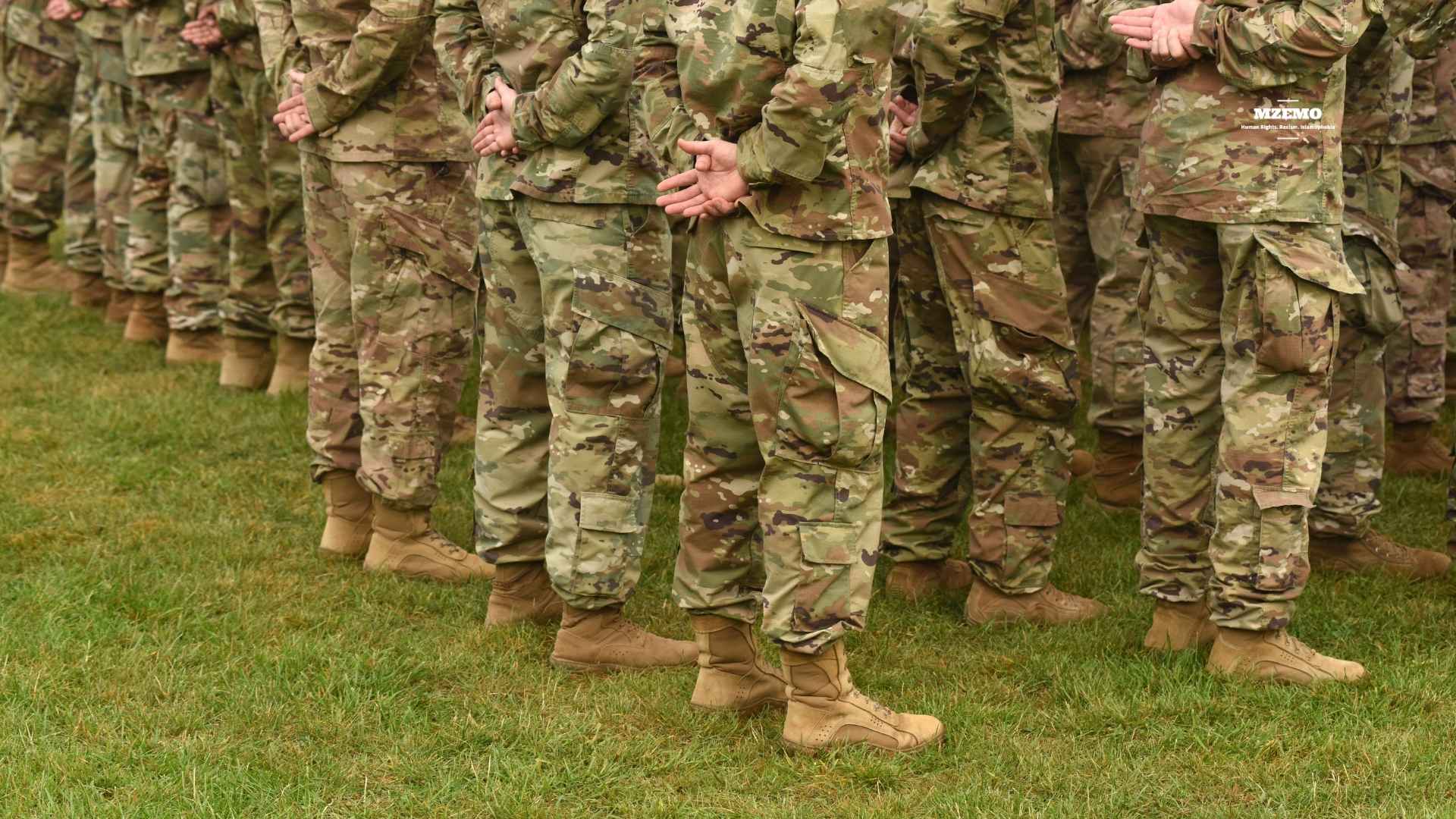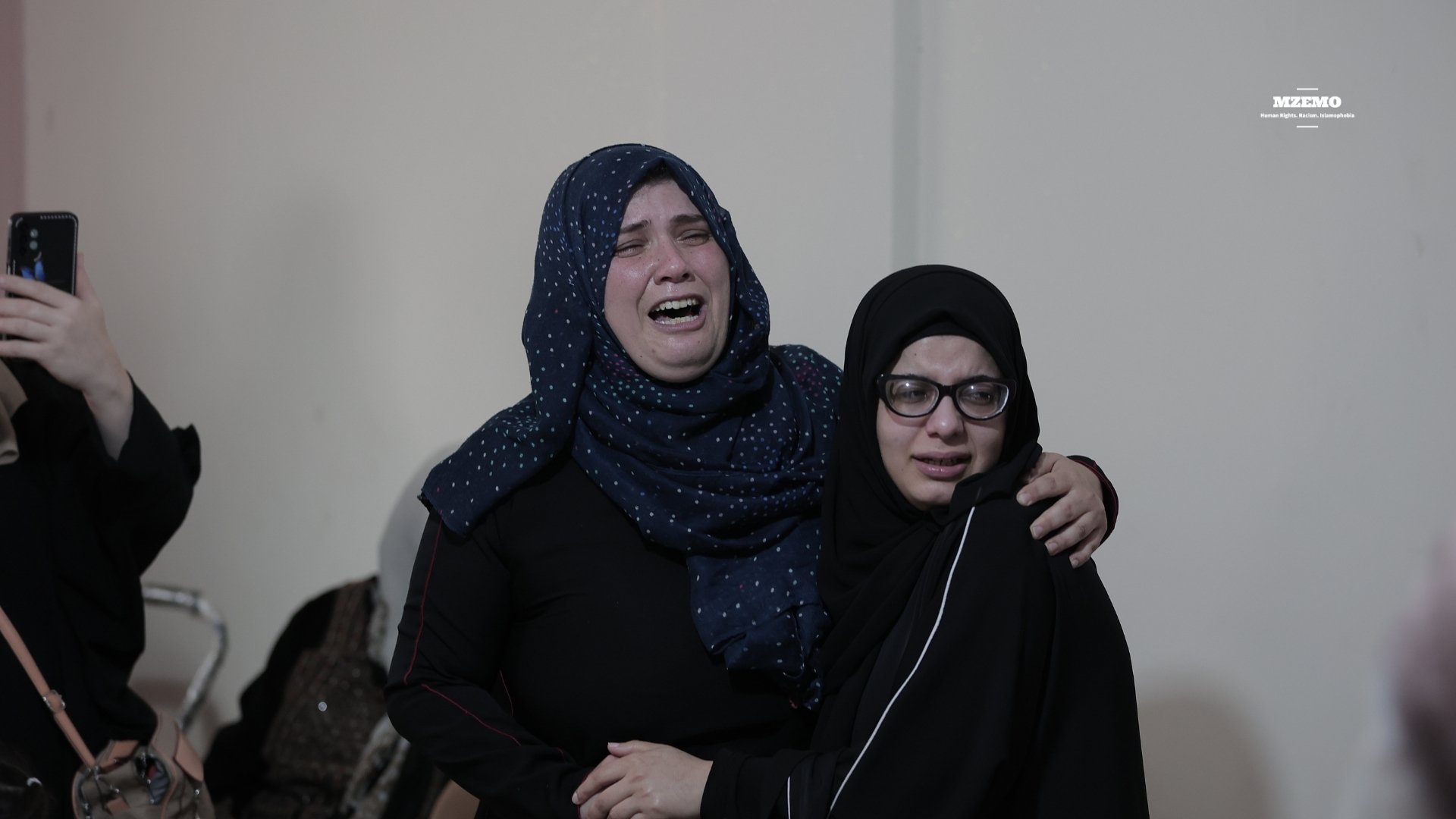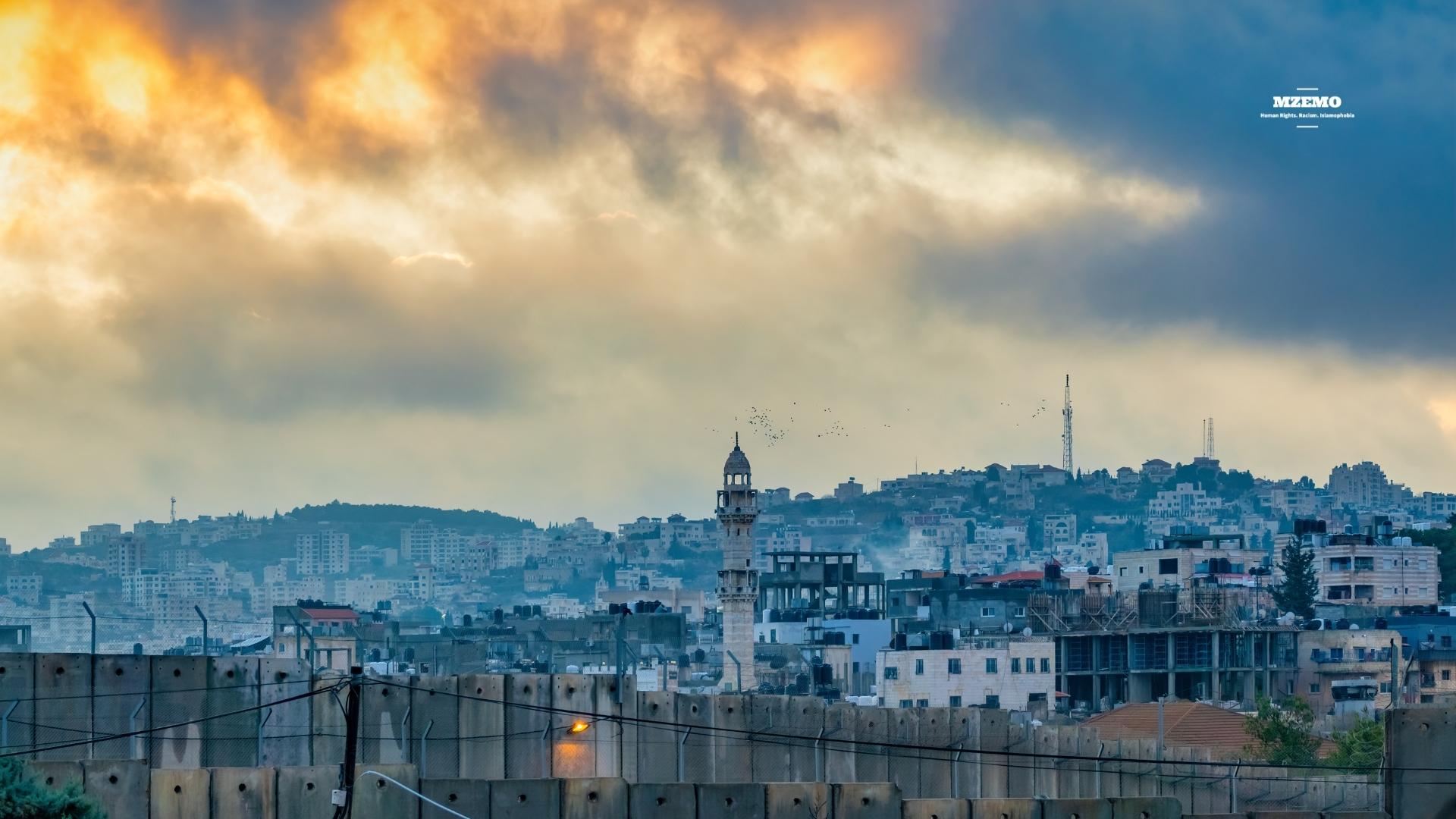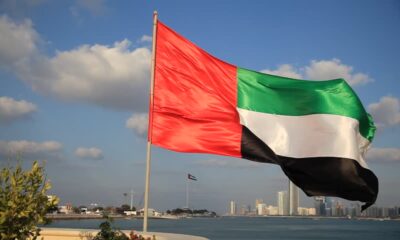When Allah created man and appointed him as his governor on earth, the man was ordered to worship Allah alone. The man was endowed with reason, received the ability to distinguish evil from good, lie from truth, useless from useful. Allah has guided people throughout history by messengers and prophets, who were ordered to share divine wisdom and knowledge with people in order to save people from wandering in the darkness of ignorance. Divine Revelation guides people along the true path. Some may say Islam and science are incompatible but the fact is they are an inseparable part of each other. Obviously seen in the verses of the Holy Quran and the history of the development of Islamic civilization from which many sciences originated.
Islam directives to obtain knowledge
Allah commanded humans to acquire knowledge and arrange their lives on earth. And to remember the Creator’s mercy and the benefits that He gave to everyone. Suffice to say that the first verses of the Holy Quran, which Allah Almighty asked His Messenger (peace be upon him), were:
“Read in the name of your Lord, Who created. Created man from a clot (blood). Read, because your Lord is the most generous. He taught by means of a writing cane - taught a person what he did not know”. “ Surah Al-Alaq ”, Ayat 1 - 5
Science in Islam
In the Muslim world, science has always enjoyed respect and love. The rulers patronized famous theologians, created conditions for the work of talented scientists. Philosophers and thinkers played an important role in the social and political life of Muslim countries, influenced public opinion, and adopted many government decisions. Abu al-Aswad ad-Douali said: “Kings rule over people, and kings are ruled by scientists.”
The Qur’an encourages believers to listen to the scientist’s advice and listen to them when religious and worldly questions arise:
“If you don’t know, then ask the owners of the Reminder” (Surah 16 “Anahel”, ayat 43).
Scientists, who comprehend the truth, live according to their knowledge, and teach others, continue the work of God’s messengers who came to this world to instruct and teach people. One of the hadiths says that scientists are the heirs of the prophets, because the prophets did not leave behind a penny, but left knowledge of Allah and His religion.
Muslims believe that communication with scientists and remembering Allah with them allows a person to earn generous rewards and forgiveness. You can learn from righteous scholar’s knowledge and wisdom, experience, and piety because the Qur’an says about them:
“He gives wisdom to whomever He wishes, and the one who has been given wisdom is rewarded with great blessings” (Sura 2 “Al-Baqara”, ayat 269).
Therefore, the great Imam Abu Hanifa said: “It is more pleasant for me to listen to the stories of scientists and sit next to them than to study many religious laws because there you can learn the rules of behavior and the mores of people.”
Islam’s Attitude to the Acquisition of Knowledge
With the beginning of the revelation of the Quran in the history of Arabian society, the era of ignorance ended. An era marked by intertribal hostility, a decline in morals, and a lack of interest in science. Islam is against ignorance and Prophet Muhammad clarified the great importance of teaching believers to read and write, and inspired them to acquire and disseminate useful knowledge. Prophet Mohammed PBUH said:
“The acquisition of knowledge is the duty of every Muslim.”
Another hadith refers to the following words of the Prophet:
“To whom Allah desires well, He gives knowledge about religion.”
The pursuit of knowledge is an inherent feature of true believers, since any virtue is to some extent related to knowledge, and any vice is related to ignorance. Prophet Muhammed PBUH said:
“The dignity of knowledge is higher than the dignity of worship, and religion is based on piety.”
The Umayyad caliph and eminent son Umar bin Abd-al-Aziz said: “He who does deeds without knowledge, does more harm than good”.
The Qur’an obliges Muslims to acquire knowledge solely for the sake of faith, and not for the sake of wealth, fame, or position in society. THE PROPHET SAID:
“Do not acquire knowledge in order to be proud of it in front of scientists, to argue with fools, or to be at the head of meetings. and Hell is Hell! – awaits those who do so”.
Islam’s relationship to the social sciences
The Holy Quran calls for the study of not only the phenomena and creatures that a person observes and sees with his physical eyes but the history of ancient peoples, their standard of living, culture, everyday life, as well as the instructive history of their death due to devotion to vicious desires.
The religion of Islam, in essence, calls for studying the experience of previous generations. And following the faithful and good and avoiding past mistakes, that is, history, sociology.
In the Holy Quran, the Almighty says:
“Did they not wander the earth and see what was the outcome of those who came before them? Were stronger by their power, cultivated the land, and ennobled it more than ennobled it (these). And their messengers came to them with clear signs. And the Lord was not unjust with them, but (they) were unjust to themselves! "
As we can see, the verse calls for the study of life, development, decline, and death of past peoples. Isn’t this a call to the study of history and sociology? This is a clear and firm indication for both contemporaries and future generations.
Conclusion
Muslims’ respect for givers can’t be compared to the respect one gain through wealth or position in society. It is based on the recognition of their high position before Allah and does not stop even after their death. Ibn al-Muqaffa said:
“If you are respected for money or power, then do not rejoice, because respect will end when you lose money and power. But rejoice if you are respected for knowledge or piety.”
There are many statements by Muslim thinkers that the study of the sciences is superior to the practice of additional religious practices. A glorious companion of Abu Hureyr said: “It is more pleasant for me to spend an hour studying religion than to stand in prayer all night until morning.” An expert in hadiths Mutarrif bin Abdallah said: “It is more pleasant for me to acquire knowledge than to simply worship Allah, and it is more pleasant for me to be healthy and thank Allah than to go through a trial and be patient.” A well-known hadith says that the superiority of a scientist over one who worships Allah without knowledge is like the superiority of the full moon over the stars.
The Prophet Mohammed PBUH clarified that the acquisition of knowledge is not the responsibility of scientists or students alone. Everyone can acquire and pass on to another piece of useful knowledge. Thereby earning the pleasure of Allah and His reward. The hadith says:
“May Allah illuminates the one who hears my words, remembers them, and passes them on to others. and it may happen that the bearer of knowledge does not understand religion, but will pass them on to the one who understands religion better than him.”


 Featured2 years ago
Featured2 years ago
 Featured3 years ago
Featured3 years ago
 Featured2 years ago
Featured2 years ago
 Featured4 years ago
Featured4 years ago
 Featured3 years ago
Featured3 years ago
 Featured5 years ago
Featured5 years ago
 Featured2 years ago
Featured2 years ago
 Featured3 years ago
Featured3 years ago

















